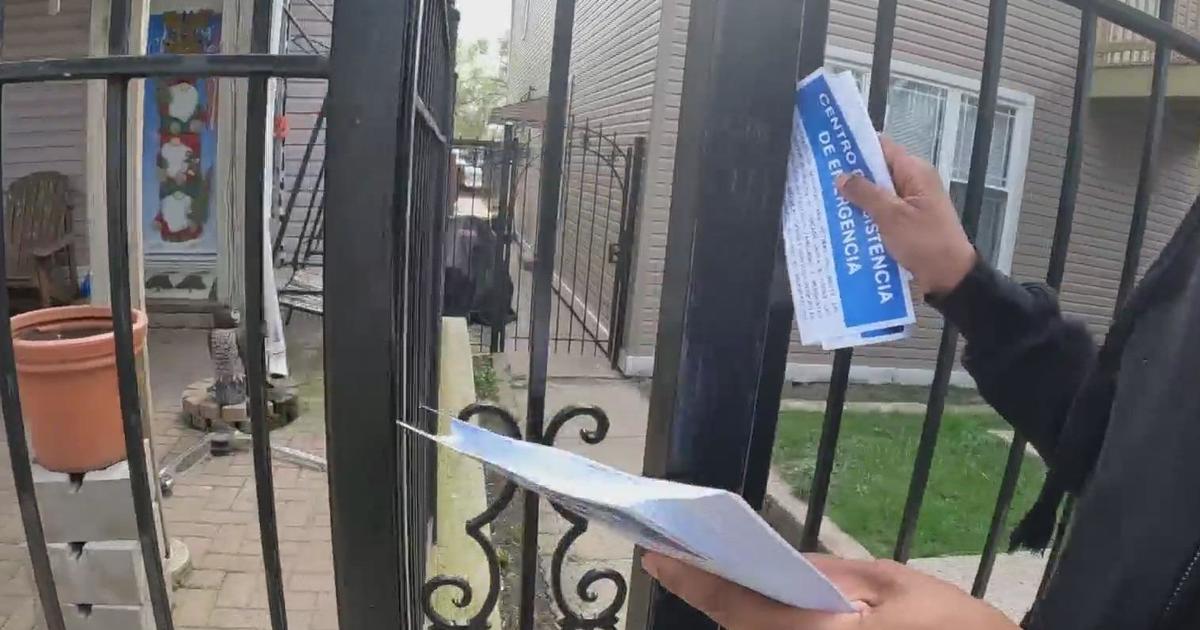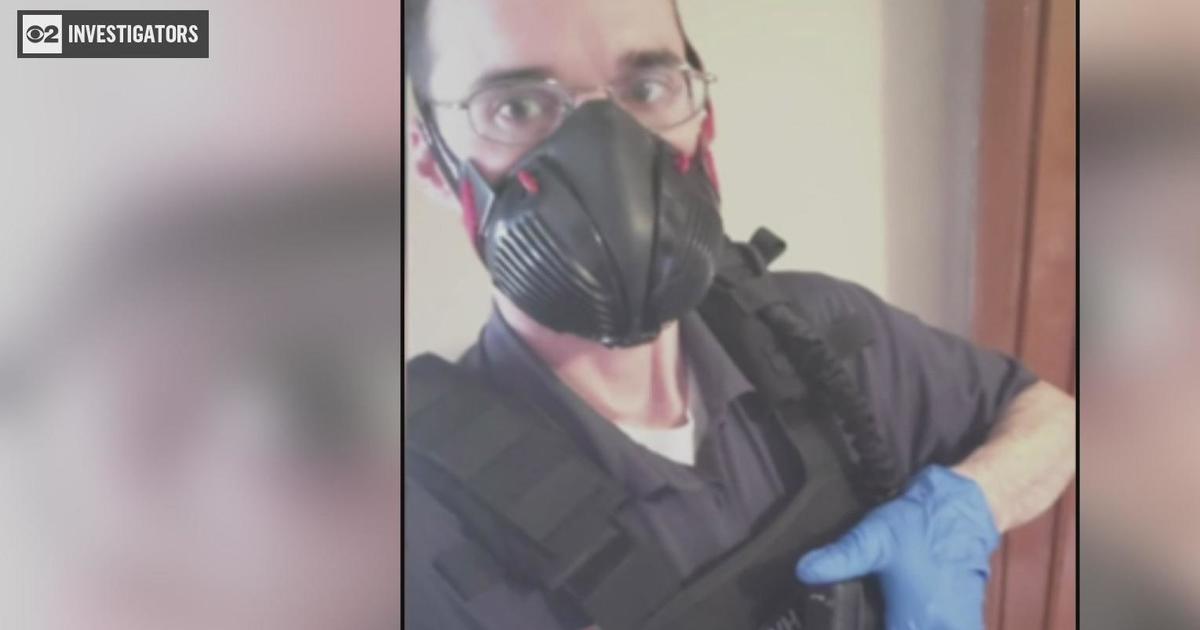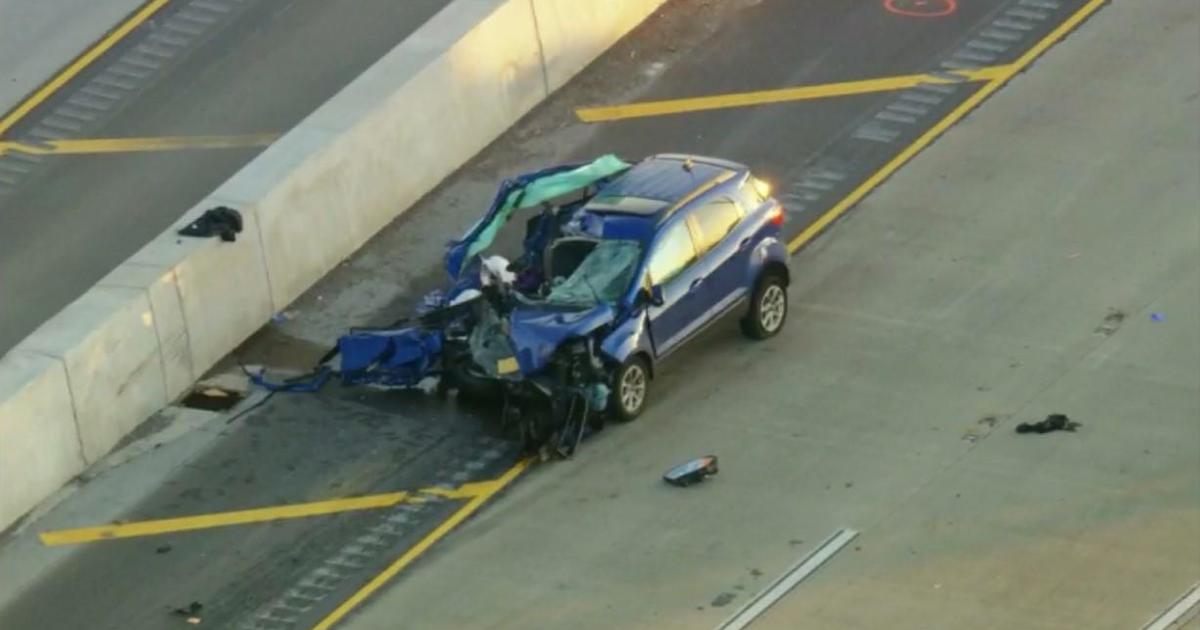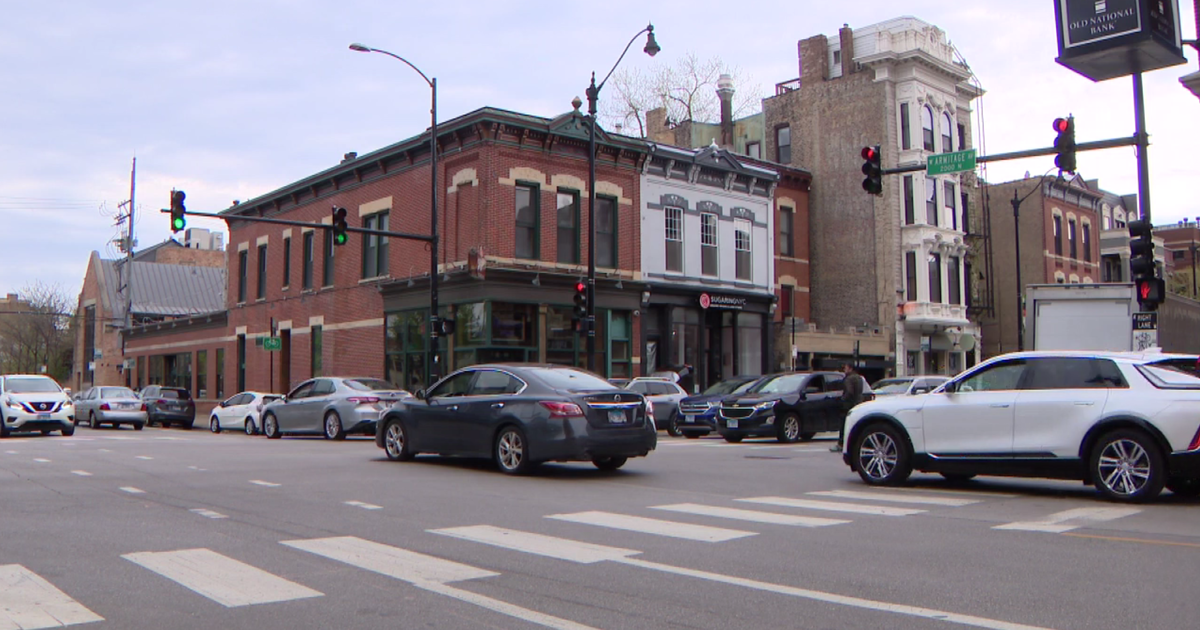2 Investigators: Mistakes, Delays At Dialysis Centers Caused Deaths Of 2 Women, Families Say
(CBS) -- Two women are dead after visiting dialysis centers. Their heartbroken families say they would both be alive today if the centers had called ambulances when they were needed.
2 Investigator Dave Savini reports.
"This is my first time back. It's very hard," Janette Watkins says as she visits the grave of her 37-year-old daughter, Heather Crutchfield. Heather died in November 2016.
"We live with nightmares," says Patti Sistek. She and Matthew Terry lost their 71-year-old mother, Patricia Terry, in 2015.
Both families allege two different Chicago area Davita dialysis centers failed to call for ambulances on time.
Watkins says her daughter was having trouble breathing at Davita's center on Stony Island in Chicago. A nurse left Watkins the following voicemail: "We think Heather needs to go the hospital, and we were hoping that you could pick her up."
When Watkins arrived, she was stunned. "My daughter's hands were ice cold. They were blue," she says.
The facility did not want to call 9-1-1, and they didn't want her to go to the closest hospital, Jackson Park, Watkins says. She says Davita workers wanted to call a private ambulance, which was going to take longer, and they insisted on sending Heather to the University of Chicago.
The University of Chicago is not the closest hospital, but it has a medical director tied to Davita.
Watkins says staff finally got an ambulance, but not until about four to five hours after her daughter's troubles began.
"They were resuscitating her, and everything ... I never saw her again," Watkins says.
Her daughter died after arriving at Jackson Park Hospital of a pulmonary embolism. She believes her daughter would be alive today if staff had sent her there right away.
Patti Sistek and Matthew Terry say their mother also needed an ambulance, at a Davita center in Joliet.
On Halloween 2015, Sistek was alerted her mother had not returned to her nursing home at night after a trip earlier in the day to Davita for dialysis. Sistek called police and drove to the dialysis center. The center was closed for the night, and the doors to the professional building it is housed in was locked for the night.
She recorded cell phone video as she could see her mother in her wheel chair still inside the Davita waiting room. They say she was trapped behind Davita's door to the main lobby. Video shows Patricia Terry who was a retired nurse struggling to open the door to get to the main lobby.
Building security cameras show Joliet police also struggling to get to her, but the outer doors of the building were locked. Once they got past the locked doors, she was immediately taken by ambulance to a hospital.
"She was frantically trying to do anything that she could to get out of that waiting room," says Adam Zayed, who is the family's attorney. Zayed says she was left in the waiting room for hours.
Zayed also says the security video shows members of Davita's staff leaving out a back door for the night.
"She just kept screaming, 'I'm here. I'm here'," says Sistek.
Patricia Terry died the next day.
The Terry family has filed a lawsuit against Davita.
In a statement, a Davita spokesperson says the company is not at fault.
"We are saddened by this situation, and our thoughts and condolences continue to be with the family. Patients coping with kidney failure are among the sickest and most fragile patients in the health care system. After leaving our treatment facility, a patient was not picked up by their transportation service. Phone logs show that the transportation service was called. We are confident that video evidence will show that the transportation service arrived – and then left – without picking up the patient. This information has been provided to law enforcement. We look forward to the resolution of this legal matter."
Heather Crutchfield's mother has not filed suit yet, but she has hired an attorney.
In response to her case, a Davita spokesperson says, "In this situation, a patient began experiencing a medical event but refused 911 assistance twice despite our best efforts to encourage immediate emergency care. We contacted that patient's listed family member for assistance in arranging for medical treatment. After that family member arrived, the patient allowed herself to be emergency transferred – but refused several hospital options and instead chose a hospital farther away. This effort was undertaken with great concern and under the direct supervision of trained medical professionals."



